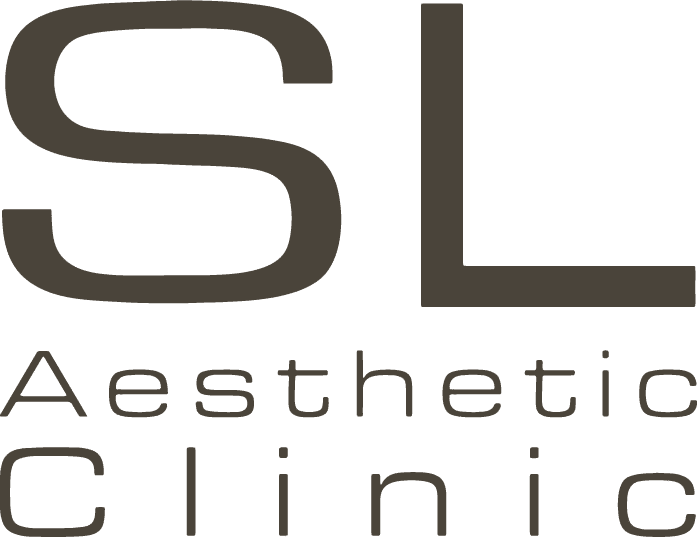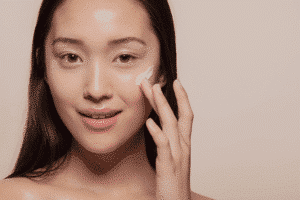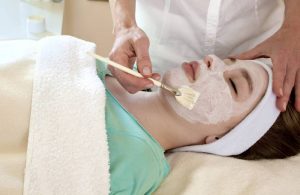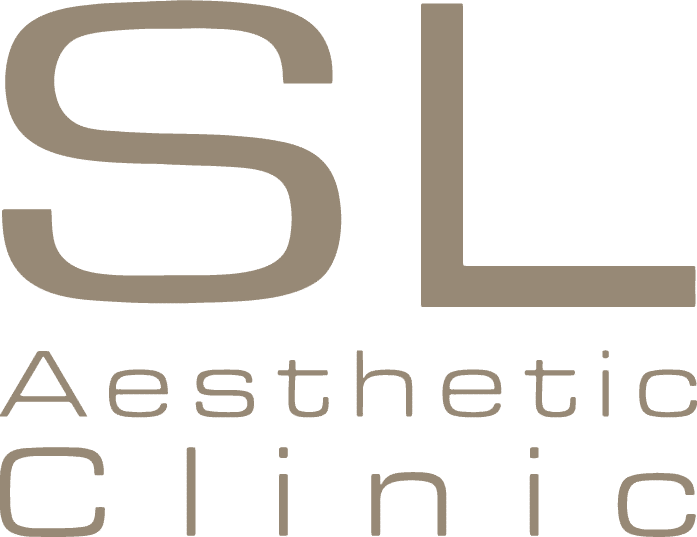Some side effects such as dryness and irritation are not unusual, especially if you have dry or sensitive skin. We recommend applying a moisturiser after. These side effects may also taper off as your skin adjusts to the ingredient.
If any of the following effects persist or become severe, consult your doctor:
- Itching
- Dryness
- Mild burning sensation
- Redness
- Stinging sensation
Stop using hydroquinone and consult your doctor if the following occurs:
- Acne breakouts
- Blistering
- Crusting
- Ochronosis (unusual blue-black or grey-blue skin discolourations)
- Oozing of pus
- Scaling and peeling
- Severe burning
- Severe dryness
- Severe irritation or itching
- Stretch marks form
- Swelling
- Telangiectasia (red lines/blood vessels showing through skin)
A very serious allergic reaction to hydroquinone is rare. However, seek immediate medical attention if you exhibit symptoms of a serious allergic reaction such as hives, difficulty breathing, swelling of face, lips, tongue, or throat.




